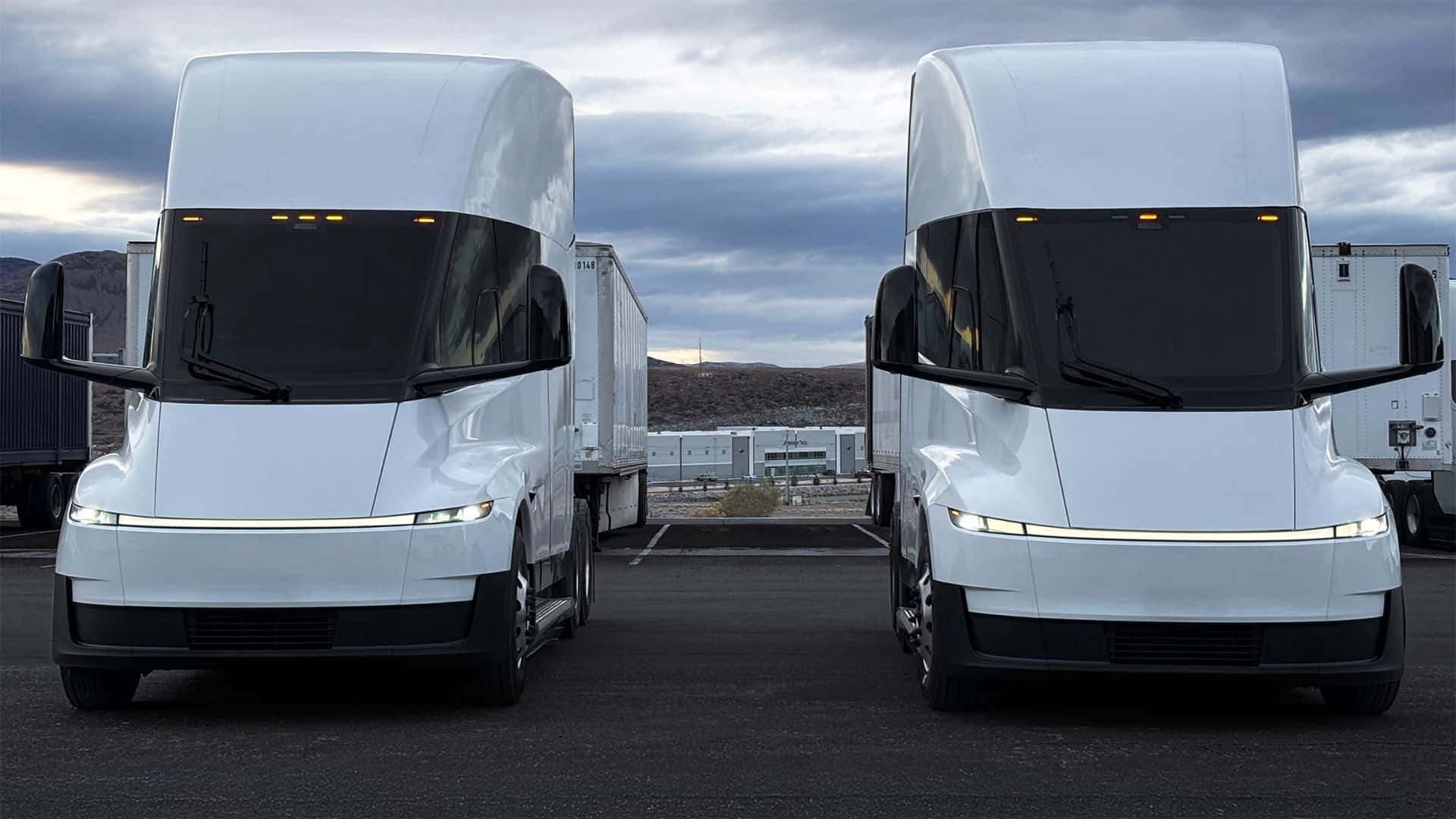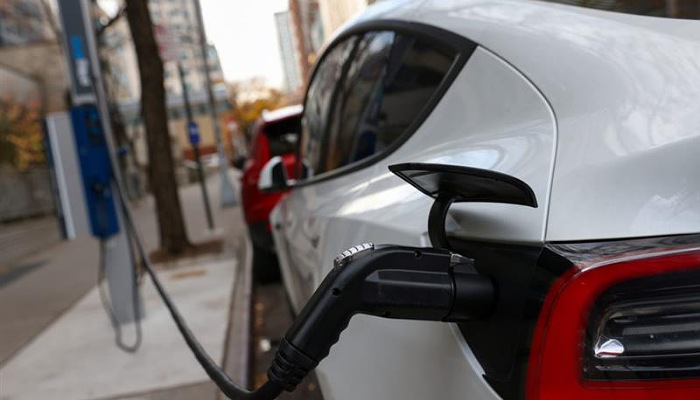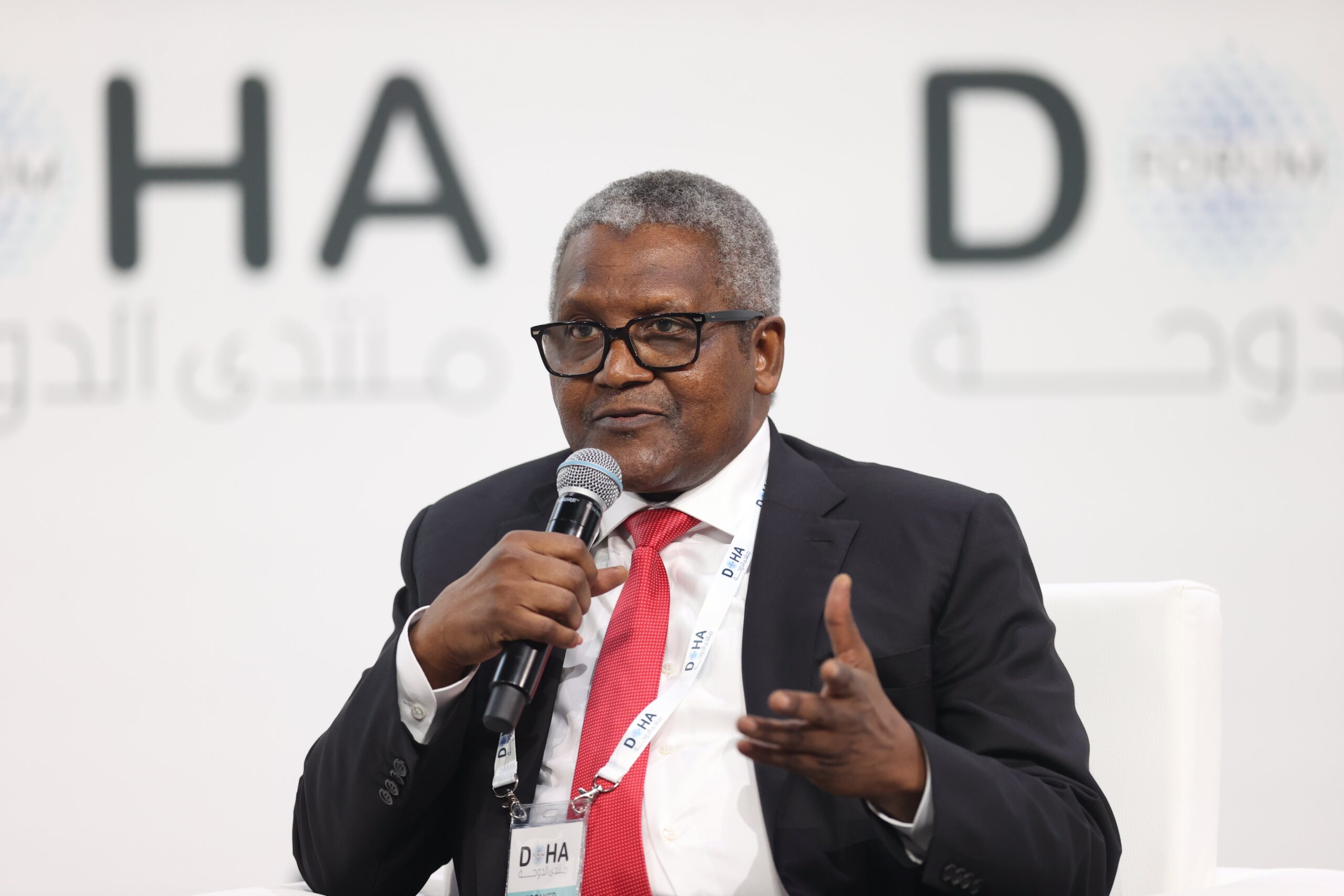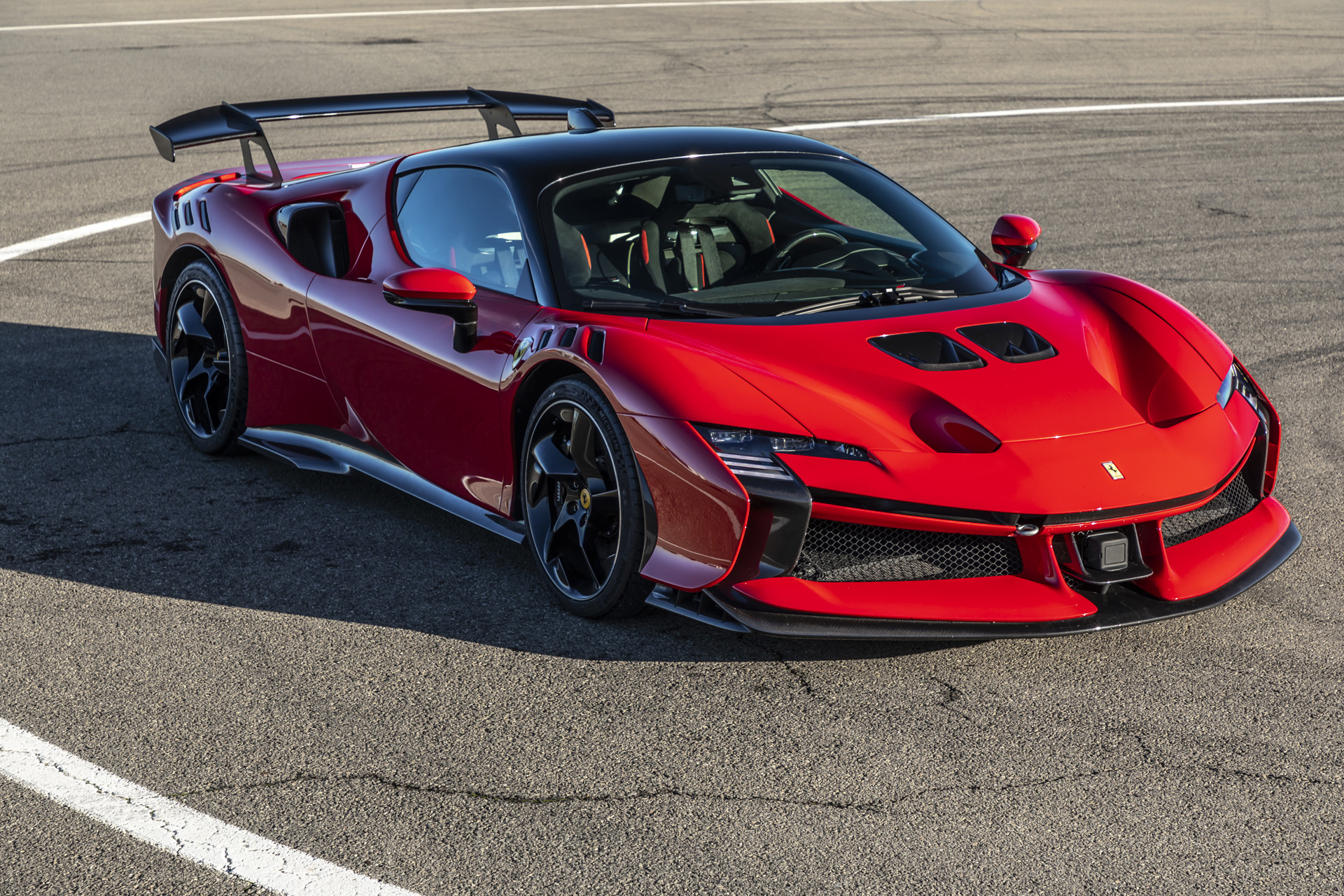
- Ferrari’s first EV due in late 2025
- Production to take place at new “e-building” plant
- May not be a traditional supercar
It was only a decade ago that Ferrari was vehemently against launching an electric car, but the automaker known for its loud gas engines has been working on one for several years and plans to reveal it in late 2025.
It is expected be priced at the high end of Ferrari’s pricing spectrum, with a source revealing to Reuters that the starting price will be 500,000 euros (approximately $535,000).
That will make it more expensive than the SF90 Stradale supercar and Purosangue SUV, which are Ferrari’s priciest non-limited-production models. It will also make it considerably more expensive than the average transaction price for a Ferrari, which according to Reuters was about 350,000 euros in the first quarter of 2024, including options.
If accurate, it means Ferrari won’t rely on sharp pricing to entice buyers to give up the emotional sound of its gas engines. Instead it may offer advanced technology like axial-flux motors, in-wheel motors, and sound generators.
Ferrari Purosangue
Ferrari hasn’t said what form the car will take, and there are rumors it may be something closer to the Purosangue than one of the automaker’s traditional supercar models. According to Reuters’ source, Ferrari has a second electric car already in development, albeit still at an early stage.
Ferrari will build its electric cars at a new plant referred to as the “e-building” by CEO Benedetto Vigna. Located adjacent to the current plant at the automaker’s Maranello headquarters, the new plant is expected to come online this week, initially to build some gas models in addition to electric motors, inverters, and batteries for plug-in hybrid powertrains. Volume production of EVs isn’t expected to start at the site until early 2026.
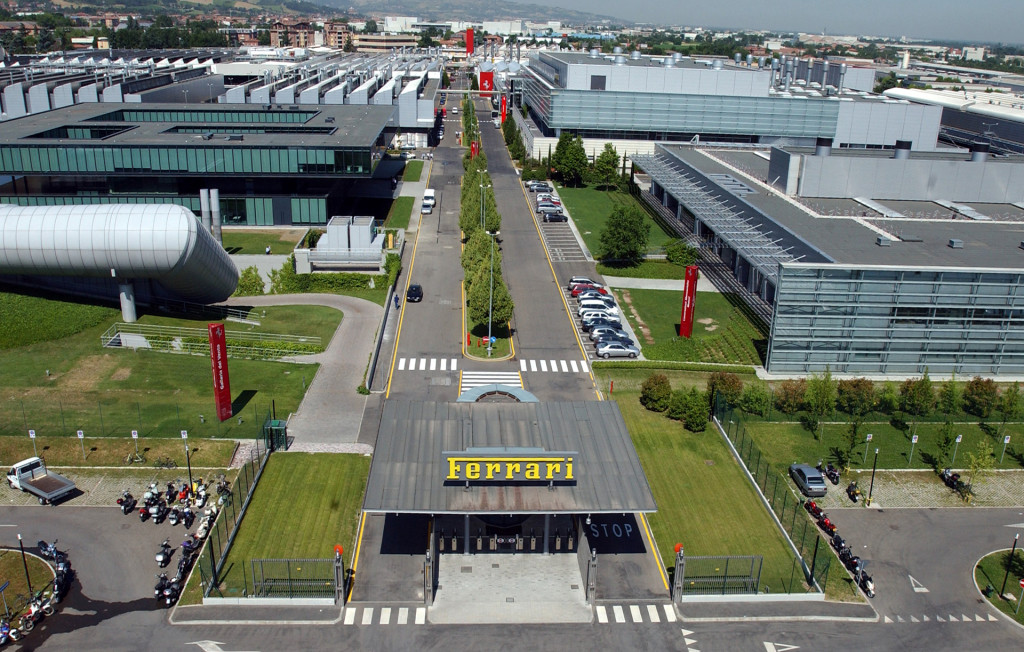
Ferrari plant in Maranello, Italy
Similar to its approach with gas powertrains, Ferrari intends to develop its own electric motors, inverters, and batteries, aiming for industry-leading weight and power density.
The automaker will work with partners in some areas, one of which is leading battery supplier SK On. The two already have a deal for the supply of batteries going in Ferrari’s existing plug-in hybrid models, and in March they announced plans to explore new possibilities in the area of battery cell technology.


